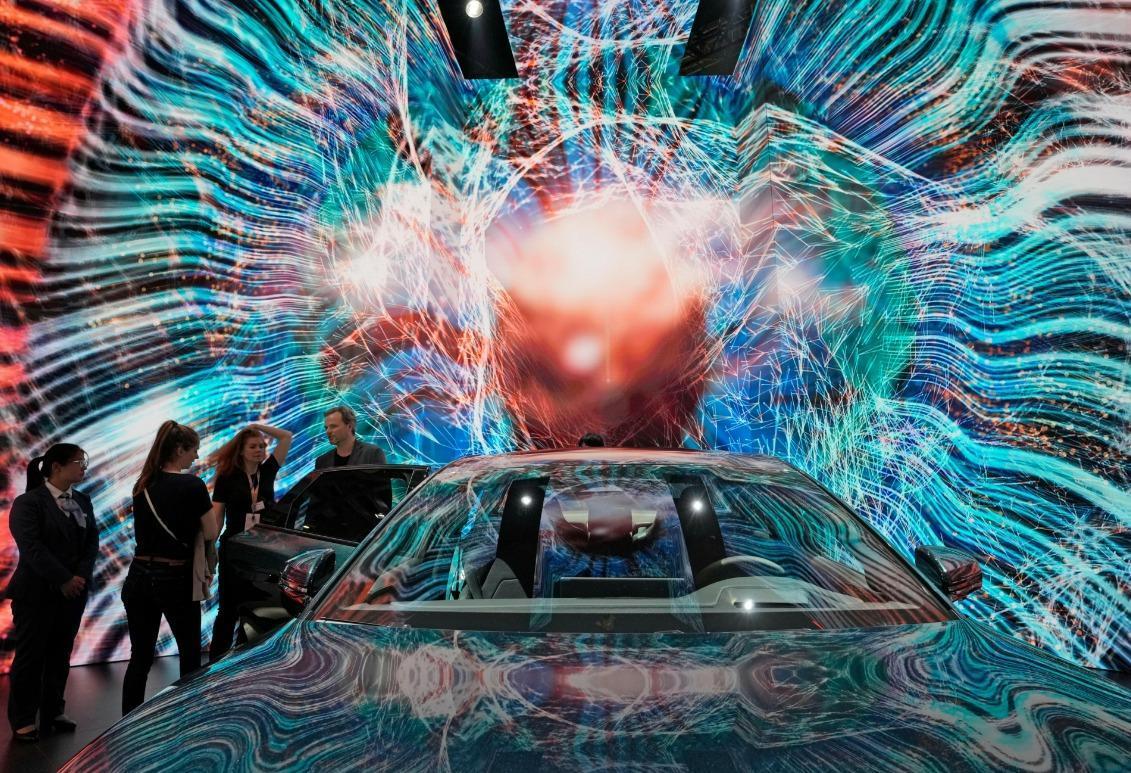
Threatened by possible shortages of lithium for electric car batteries, automakers are racing to lock in supplies of the once-obscure “white gold” in a politically and environmentally fraught competition from China to Nevada to Chile.
General Motors and the parent company of China’s BYD Auto went straight to the source and bought stakes in lithium miners, a rare step in an industry that relies on outside vendors for copper and other raw materials.
Others are investing in lithium refining or ventures to recycle the silvery-white metal from used batteries.
A shortfall in lithium supplies would be an obstacle for government and industry plans to ramp up sales to tens of millions of electric vehicles a year.
It is fueling political conflict over resources and complaints about the environmental cost of extracting them.
Ford Motor has signed contracts stretching up to 11 years into the future with lithium suppliers on two continents. Volkswagen and Honda are trying to reduce their need for freshly mined ore by forming recycling ventures.
Global lithium output is on track to triple this decade, but sales of electric SUVs, sports cars and sedans that rose 55 percent last year threaten to outrun that.
Each battery requires about eight kilograms of lithium, plus cobalt, nickel and other metals.
Adding to uncertainty, lithium has emerged as another conflict in strained U.S.-Chinese relations.
Beijing, Washington and other governments see metal supplies for electric vehicles as a strategic issue and are tightening controls on access.
Other governments including Indonesia, Chile and Zimbabwe are trying to maximize their return on deposits of lithium, cobalt and nickel by requiring miners to invest in refining and processing before they can export.
GM is buying direct access to lithium by investing $650 million in the Canadian developer of a Nevada mine. In return, GM says it will get enough for 1 million vehicles a year.
BYD Auto’s parent company, battery maker BYD Co., has announced more than $5 billion in investments in lithium mining and refining over the past 18 months.
Despite rising output, the industry may face shortages of lithium and cobalt as early as 2025 if enough isn’t invested in production, according to Leonardo Paoli and Timur Gul of the International Energy Agency.
“Supply side bottlenecks are becoming a real challenge," said Paoli and Gul in a report last year.
Alastair Bedwell of GlobalData said miners are reluctant to “go all out” on lithium until they are sure the industry won't switch to batteries made with other metals.
Developing lithium sources is a yearslong process.
Mines that came online in 2010-19 took on average more than 16 years from discovery to the start of production, according to Paoli and Gul of the IEA.
“These long lead times raise questions about the ability of supply to ramp up,” they wrote.
Worldwide lithium resources are estimated at 80 million tons by the U.S. Geological Survey.
Bolivia’s are the biggest at 21 millions tons, followed by Australia with 17 million and Chile with 9 million. China has 4.5 million tons of known reserves and the United States has 1 million.
Forecasts of annual global production range as high as 1.5 million tons by 2030. But demand, if EV sales keep rising at double-digit annual rates, is forecast to increase to up to 3 million tons.